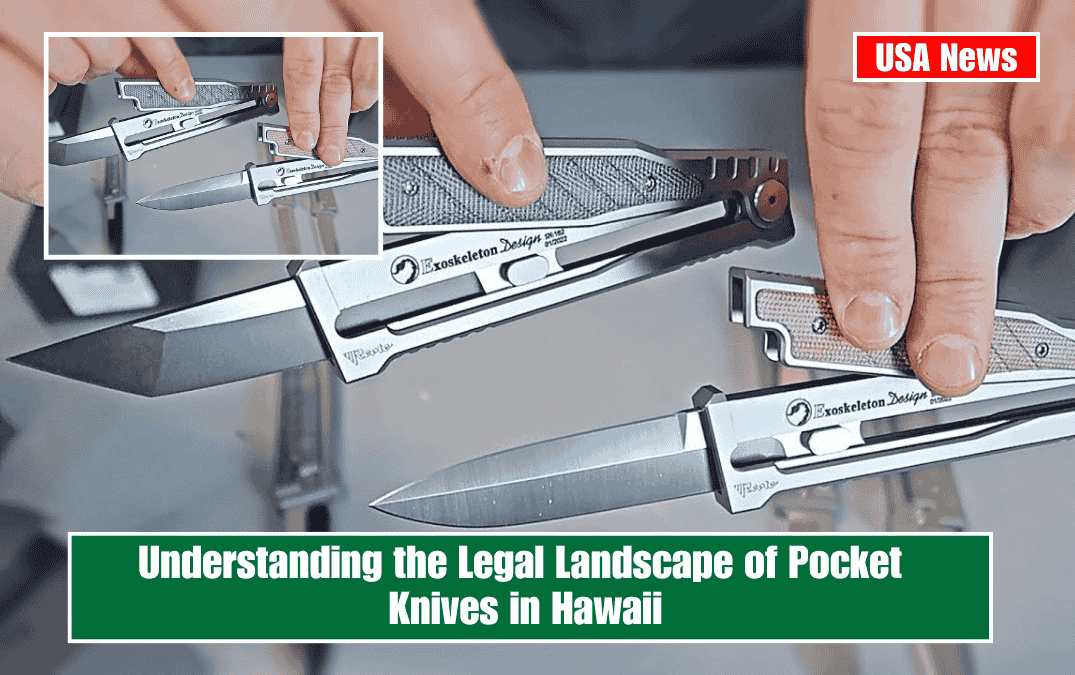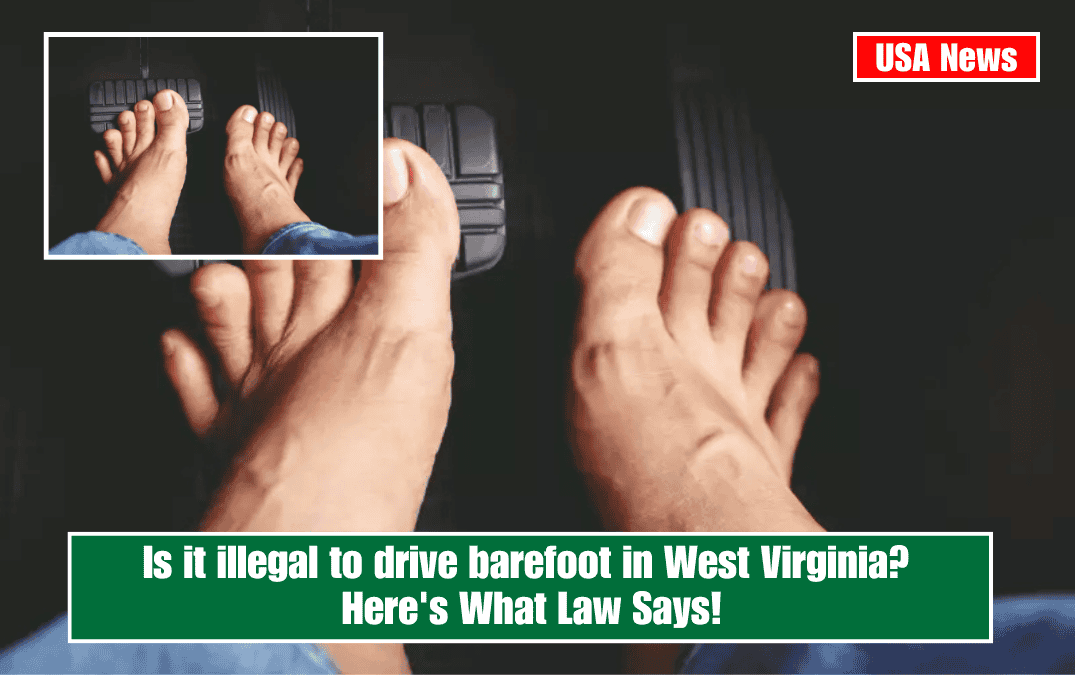In Nevada, police cannot search your phone during a traffic stop without a warrant or your explicit consent. This protection is rooted in the Fourth Amendment of the U.S. Constitution, which guards against unreasonable searches and seizures. Below is a detailed explanation of the legal framework surrounding cell phone searches during traffic stops in Nevada.
Legal Protections for Cell Phone Searches
The Fourth Amendment requires police to obtain a warrant before searching personal property, including cell phones, unless specific exceptions apply.
The landmark U.S. Supreme Court decision in Riley v. California (2014) reinforced this principle, ruling that warrantless searches of cell phone contents violate constitutional rights. Even if police seize your phone during an arrest or traffic stop, they cannot access its contents without a valid search warrant.
Exceptions to the Warrant Requirement
There are limited circumstances under which police may search your phone without a warrant:
- Consent: If you voluntarily allow officers to search your phone, they can proceed without a warrant. However, you are not obligated to provide consent and can politely decline.
- Search Incident to Arrest: While police can conduct limited searches of your person or immediate surroundings following an arrest, accessing the contents of your phone falls outside this scope. Officers must still obtain a warrant to examine data stored on the device.
- Exigent Circumstances: In emergencies where evidence might be destroyed or public safety is at risk, police may bypass the need for a warrant temporarily. However, this exception is narrowly applied and subject to judicial review.
Traffic Stops and Cell Phone Searches
During a routine traffic stop, police generally do not have grounds to search your phone unless one of the above exceptions applies. For example:
- If you are pulled over for a minor traffic violation, officers cannot demand access to your phone without probable cause or consent.
- If you are suspected of criminal activity and arrested during the stop, police may seize your phone but must obtain a warrant to search its contents.
Recent Case Law in Nevada
Nevada courts have addressed related issues in cases like McCord v. State of Nevada. While this case primarily involved vehicle searches during a traffic stop, it highlights broader principles about evidence collection and constitutional protections.
The Nevada Supreme Court emphasized that searches must comply with legal standards, including obtaining warrants when required. This precedent underscores that police actions during traffic stops—including phone searches—are subject to strict scrutiny.
Key Takeaways
- Police cannot search your phone during a traffic stop unless they have:
- A valid search warrant.
- Your explicit consent.
- Exigent circumstances or probable cause related to an arrest.
- You have the right to refuse consent for any search, including your phone.
- If police seize your phone unlawfully or conduct an illegal search, any evidence obtained may be inadmissible in court.
In Nevada, your cell phone enjoys strong legal protections under both state and federal law. Unless officers meet specific legal criteria—such as obtaining a warrant—you can confidently decline their request to access your device during a traffic stop. If you believe your rights were violated during such an interaction, consulting an experienced criminal defense attorney is advisable to challenge any unlawful search or seizure.
SOURCES:-
[1] https://www.govtech.com/public-safety/can-police-search-your-phone-during-a-traffic-stop
[2] https://leb.fbi.gov/articles/legal-digest/legal-digest-searches-incident-to-arrest-in-the-smartphone-age
[3] https://www.shouselaw.com/nv/defense/laws/search-and-seizure/
[4] https://www.shouselaw.com/nv/blog/warrant/when-are-nevada-police-allowed-to-search-my-cell-phone-do-i-have-to-give-my-passsword/
[5] https://www.bensonbingham.com/nevada-supreme-court-decides-on-case-regarding-police-search-during-traffic-stops/









